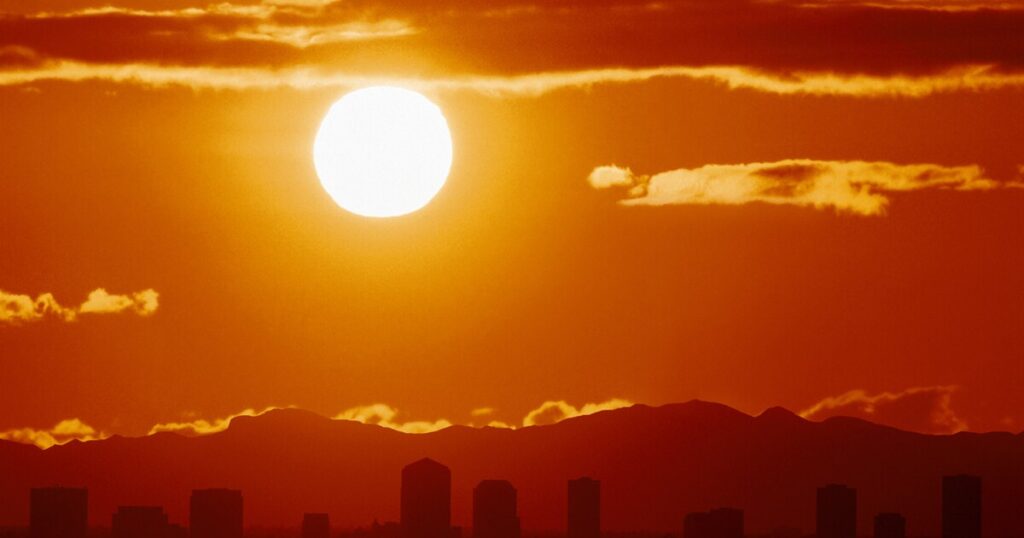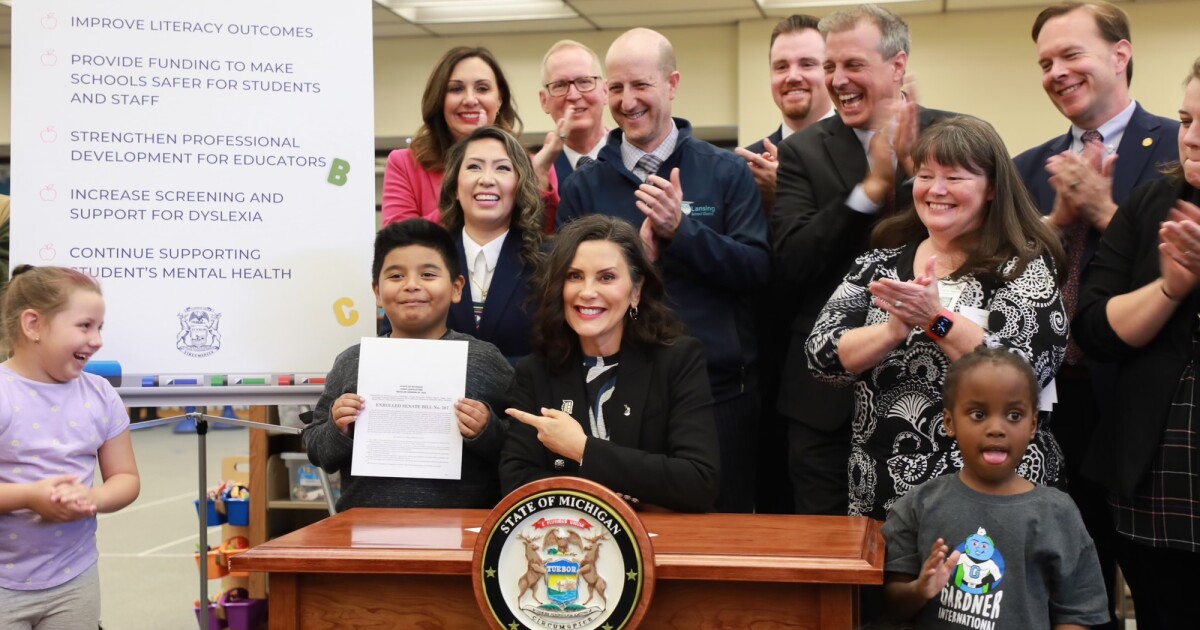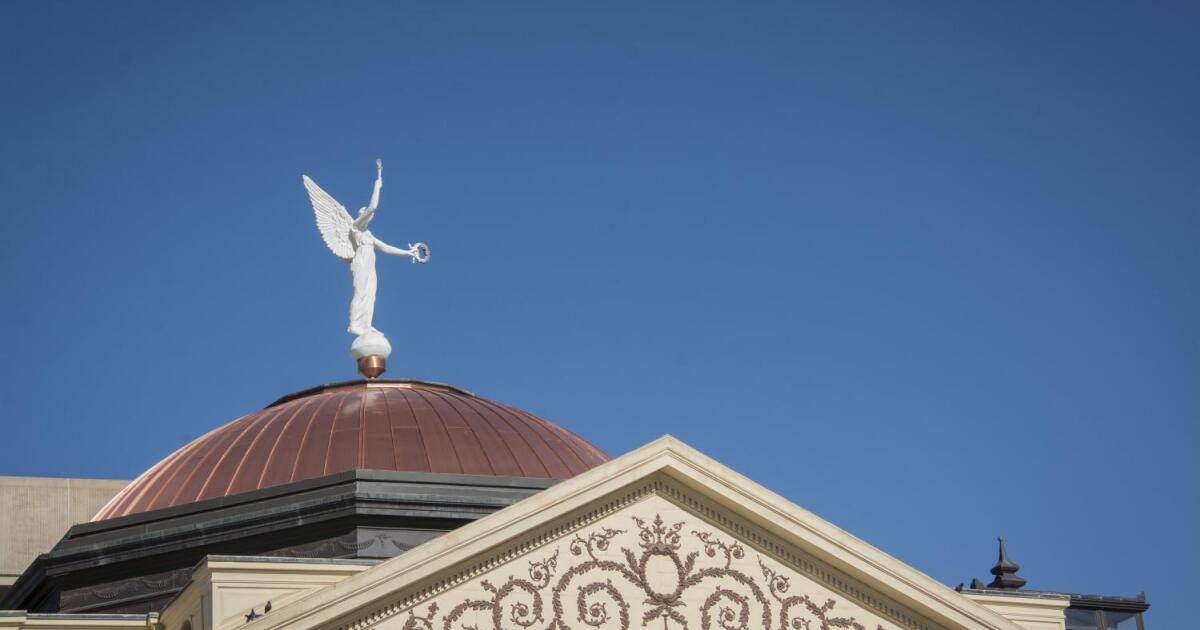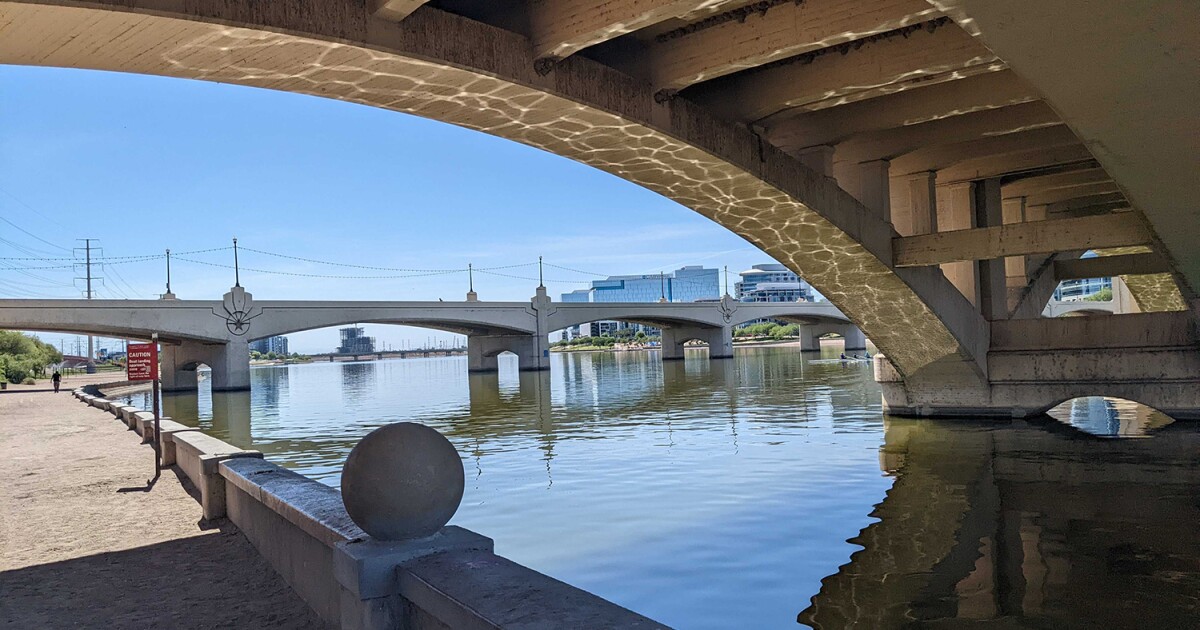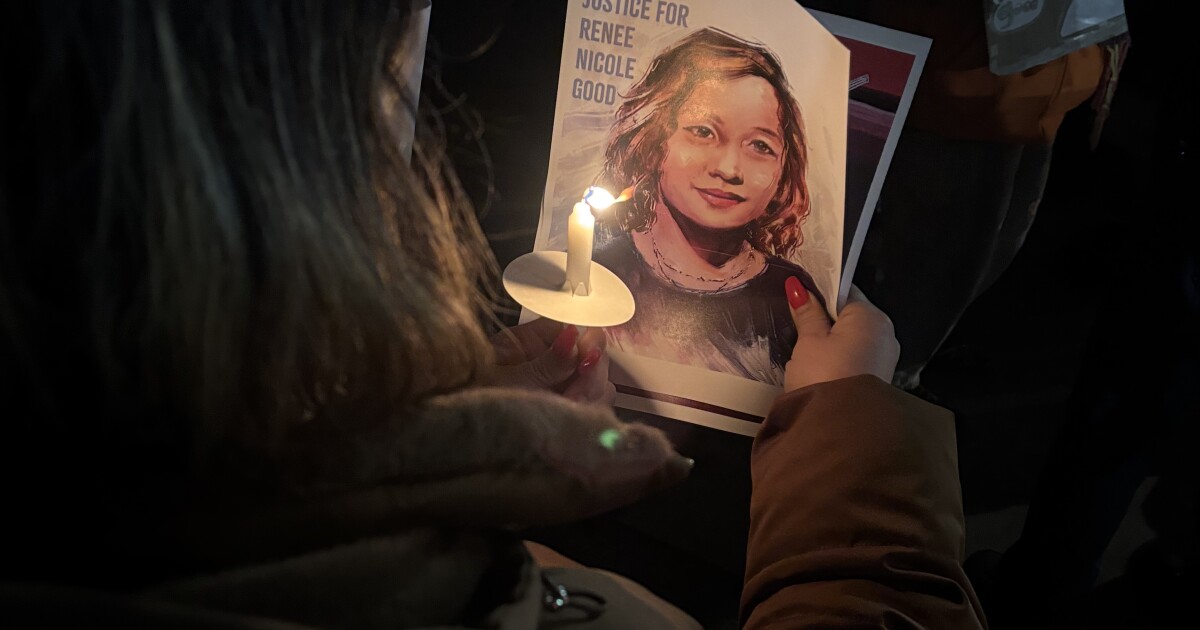As the sun set over Phoenix this past summer, the city remained sweltering, marking one of its hottest seasons on record. A significant detail emerged from this heatwave: nighttime temperatures, typically a time for reprieve, remained notably high.
Between June and August, the average low temperature in Phoenix was recorded at 84.7 degrees, surpassing the 82.2-degree average from 1991 to 2020, as noted by the National Weather Service.
National Oceanic and Atmospheric Administration
Historically, Phoenix experiences around seven nights per summer with temperatures above 90 degrees. However, this year saw a staggering 23 such nights. The only summers with more occurrences were recent: 2020 had 28, 2023 saw 35, and 2024 recorded 39.

Arizona climatologist Erinanne Saffell attributes this rise in nighttime temperatures to climate change and reduced monsoon activity. “In the summer, when we have clear kinds of conditions — so when we don’t have an active monsoon season — the potential to get those nighttime temperatures hotter is there,” Saffell explained.
Urbanization in Phoenix further fuels these temperature spikes. “Those parking lots and roads and cement sidewalks, they store that sunlight and they release it very slowly at night. It makes those nighttime temperatures hotter,” Saffell noted.

Graphic by Chelsey Heath/KJZZ
Beyond Phoenix, the urban heat island effect is influencing other Arizona areas, including Sedona and Yuma. “We’ve measured that in Sedona, it’s being measured in Yuma right now,” Saffell stated. “When you’re having roads and buildings — that holds onto that sunlight.”
Looking ahead, Saffell warns of even more 90-degree nights for Phoenix. This trend has implications not only for energy consumption, with utilities reporting surging air conditioning demand, but also for local ecology, stressing vegetation (link).
A primary concern is public health. “We pay attention to that particularly because we want everyone to be safe,” Saffell emphasized. “If you’re not able to cool off effectively at night, that can become problematic.” (link)
—
Read More Arizona News

